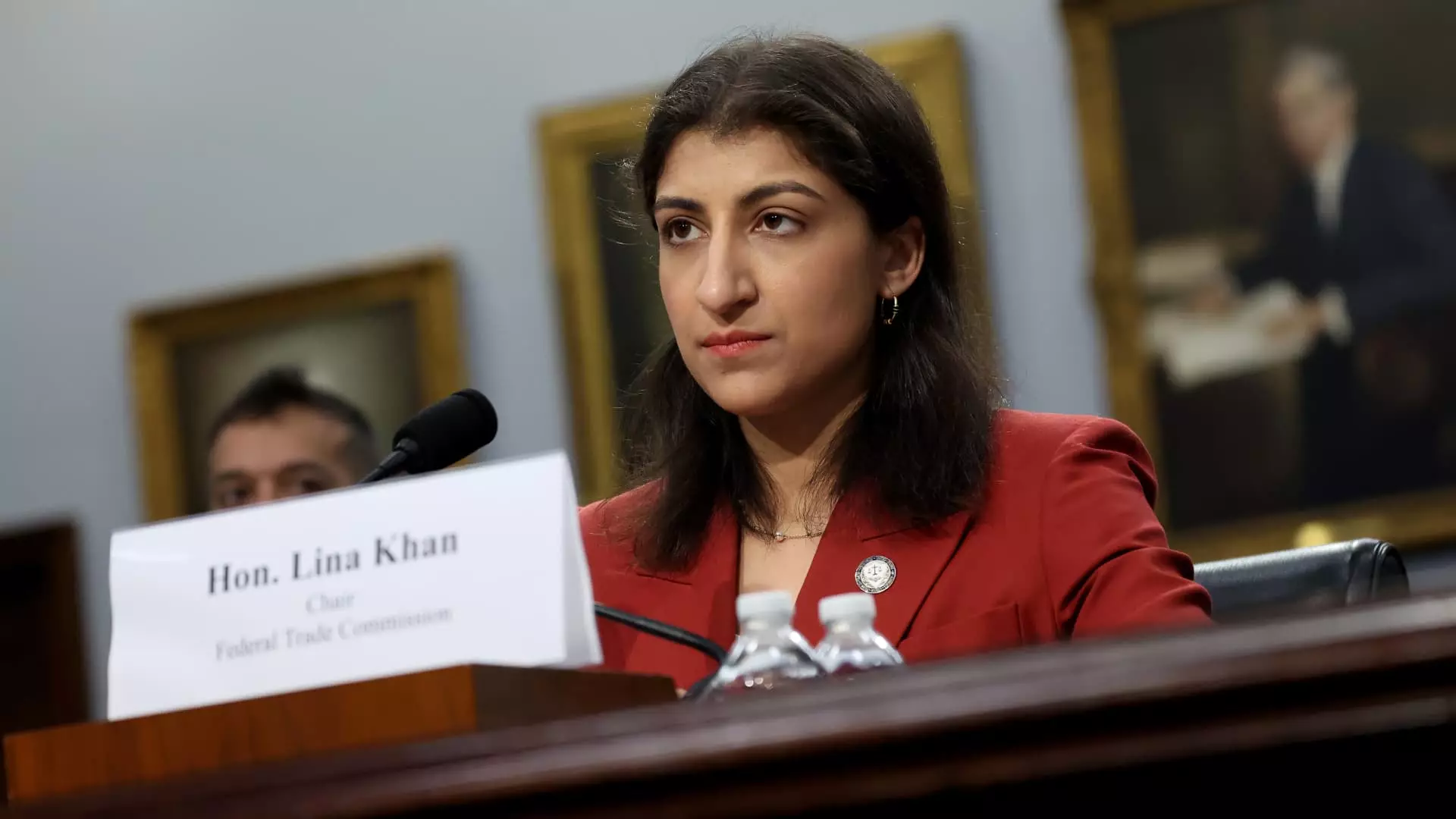In a bold move that highlights a long-standing issue in the U.S. healthcare system, the Federal Trade Commission (FTC) has initiated legal proceedings against three of the largest pharmacy benefit managers (PBMs) in the nation. These PBMs—Optum Rx (a subsidiary of UnitedHealth Group), Caremark (owned by CVS Health), and Express Scripts (part of Cigna)—are accused of employing strategies that inflate insulin prices while simultaneously enriching themselves. This lawsuit sheds light on the intricate web of relationships between health insurers, PBMs, and pharmaceutical manufacturers, suggesting that the financial interests of these entities often come at the expense of vulnerable patients who rely on insulin for survival.
The lawsuit’s timing is particularly noteworthy, coming just days after Express Scripts filed its own suit against the FTC, alleging that the agency’s statements regarding the PBM industry are unfounded and damaging. This legal tussle highlights not only a clash of interests but also the growing tensions surrounding prescription drug pricing in the United States, where many patients are forced to navigate a confusing and often exacerbating healthcare landscape.
Current statistics indicate that PBMs manage approximately 80% of all prescriptions in the U.S., positioning them as crucial intermediaries in the drug supply chain. By negotiating rebates with pharmaceutical companies and establishing which drugs are covered by insurance, PBMs wield significant influence over drug prices. However, the FTC has raised alarms over what it describes as a “perverse” rebate system that favors high-cost insulins. This dynamic not only keeps less expensive alternatives out of reach but also creates a vicious cycle where patients must pay inflated list prices due to contractual relationships that prioritize profits over patient welfare.
Many Americans suffering from diabetes find themselves trapped in this system, with their insulin prices skyrocketing due to practices implemented by the PBMs. Efforts to curtail these price hikes are further complicated by the relationships between PBMs and the manufacturers themselves. The FTC has expressed deep concern over the pricing strategies employed by the leading insulin producers—Eli Lilly, Sanofi, and Novo Nordisk—which control around 90% of the insulin market. Their actions, which often respond to PBM demands for higher rebates, contribute heavily to the escalating costs experienced by patients.
The implications of rising insulin prices are dire, reverberating through the lives of nearly eight million Americans who depend on this life-saving medication. Many have reported being forced to ration their insulin, a dangerous practice that can have devastating health consequences. The FTC has drawn attention to this crisis, noting that over a decade, the drug pricing mechanisms employed by large corporations have led to catastrophic increases in the costs of insulin.
With the average American paying two to three times more for medications than their counterparts in other developed nations, it raises pressing questions about the integrity of the current system and the power dynamic that governs it. President Biden’s Inflation Reduction Act, which caps insulin prices for Medicare beneficiaries at $35 per month, offers some relief, yet fails to cover privately insured patients, creating discrepancies within the healthcare framework.
The FTC’s lawsuit is seen as a critical step toward redressing systemic issues that plague the healthcare industry. By pursuing action against the top three PBMs, the agency aims to disrupt the entrenched practices that perpetuate high insulin costs. This initiative reflects a broader movement to restore competitive integrity in the pharmaceutical market, where price transparency and accountability are desperately needed.
Further investigations may extend to insulin manufacturers themselves, which emphasizes the complex interplay between drug prices and the role of both PBMs and pharmaceutical agencies. The FTC has urged a reevaluation of how price negotiations and rebate systems operate to ensure that the needs of patients are placed above corporate profits.
The ramifications of these issues extend beyond insulin, as they reflect a larger challenge in the quest for affordable healthcare in the United States. As scrutiny of these entities intensifies, the pressure mounts to ensure that healthcare ultimately prioritizes patient welfare rather than profit margins.
As the FTC sets in motion its administrative proceedings, the healthcare community and consumers alike await the outcomes of this landmark case. The ongoing scrutiny of PBMs and insulin pricing practices not only highlights the urgent need for reform but also serves as a reminder of the vulnerabilities faced by patients navigating the insidious landscape of drug pricing in America. The outcome of this lawsuit could pave the way for a more equitable system, where access to essential medications like insulin is no longer dictated by lucrative corporate strategies, but rather by the fundamental right to healthcare for all.

